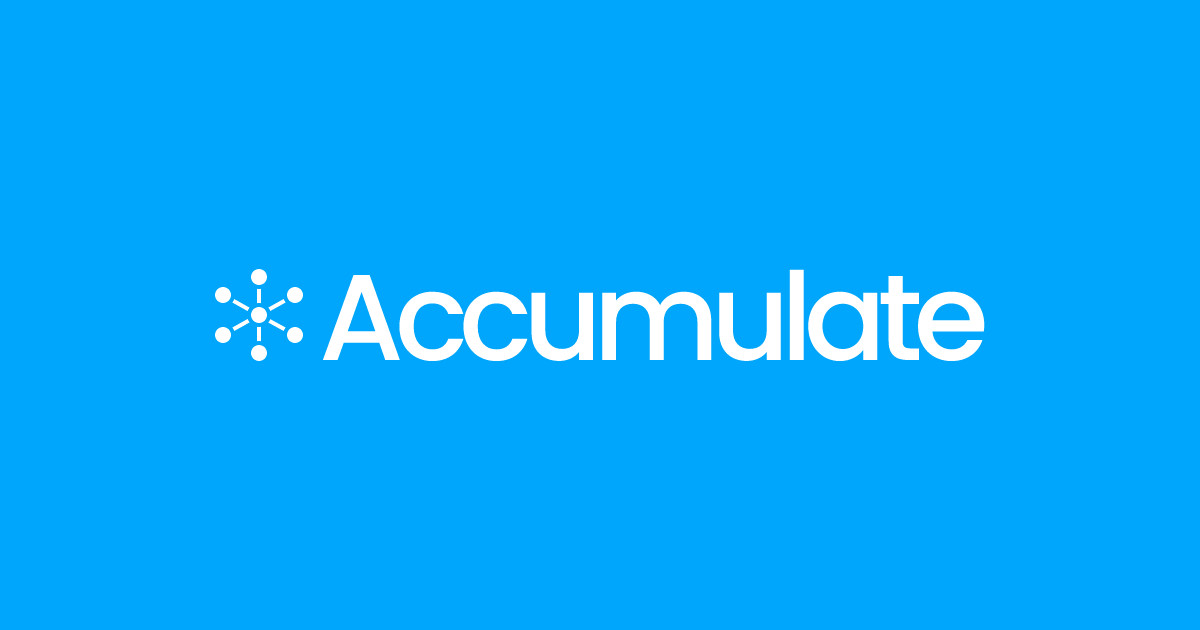
Delegated Proof of Stake (DPoS) blockchain Accumulate has released its official governance documents. These detail the network’s constitution, its list of stakeholders, and the various rules and policies that govern both the protocol and the community. They also outline the primary role that the ACME token will play in the protocol’s development.
At a high level, Accumulate combines traditional and novel approaches to blockchain governance in order to achieve optimal decentralized decision-making while maintaining a solid vision and clear direction for the community and ecosystem.
Accumulate’s constitution is constructed on the belief that a space must be created where hundreds and even thousands of participants can participate in the validation of the protocol and where large groups of decentralized participants can interface with a world of many decentralized and centralized entities.
The core components of the constitution include the ACME token, workflows & committees, and stakeholders.
Sponsored
Key properties of the ACME token, as outlined in the governance documentation, include:
- A hard limit of 500 million tokens.
- Roughly 200 million ACME will exist at the activation of Accumulate’s Mainnet in Q3 2022.
- The unissued token pool will hold roughly 300 million ACME at activation.
- The protocol follows a Burn-and-Mint Equilibrium (BME) model, where any ACME burned to perform work on Accumulate are returned to the unissued token pool.
- A token budget is computed roughly once a month using an annual minting rate of 16% of the tokens in the unissued pool.
- The inflation rate halves roughly every 4 years (greater utility as measured by the burn rate of ACME stretches out the halving rate).
- Newly minted tokens from the unissued pool are primarily distributed to protocol validators and stakers.
Other topics covered in Accumulate’s governance documentation include the role of committees, which are selected by stakers and validators to manage critical workflows, and a definition of validator types. This latter category includes Node Validators for the Directory Validator Network and the Block Validator Networks (protocol), Data Server Validators, Staking Validators, NFT Validators, and ACME stakers.
A grant system is also addressed in the governance documentation, designed to support projects that wish to build on top of Accumulate and help expand the ecosystem.
Sponsored
The grant pool will initially be allocated 60 million ACME tokens and be funded annually by a certain amount of ACME tokens as determined by a Governance committee. Around 20% of unissued tokens will be dedicated to the grant pool once Accumulate migrates to proof of stake.
Ultimately, Accumulate’s governance process aims to combine the best processes observed in DAOs for coordinating community members while scaling decision-making by empowering stakeholders through committees and workflows to drive initiatives within their area of expertise.
To learn more about the governance framework for Accumulate, visit https://gitlab.com/accumulatenetwork/governance.
About Accumulate
The Accumulate Protocol (“Accumulate”) is an identity-based, Delegated Proof of Stake (DPoS) blockchain designed to power the digital economy through interoperability with Layer-1 blockchains, integration with enterprise tech stacks, and interfacing with the World Wide Web. Accumulate bypasses the trilemma of security, scalability, and decentralization by implementing a chain-of-chains architecture in which digital identities with the ability to manage keys, tokens, data, and other identities are treated as their own independent blockchains. A two-token system provides predictable costs for enterprise users, while anchoring all transactions to Layer-1 blockchains provides enterprise-grade security to everyone.
This article contains a press release from an external source. The opinions and information presented may differ from those of DailyCoin. Readers are encouraged to independently verify the details and consult with experts before acting on any information provided. Please note that our Terms and Conditions, Privacy Policy, and Risk Warning have been recently updated.
